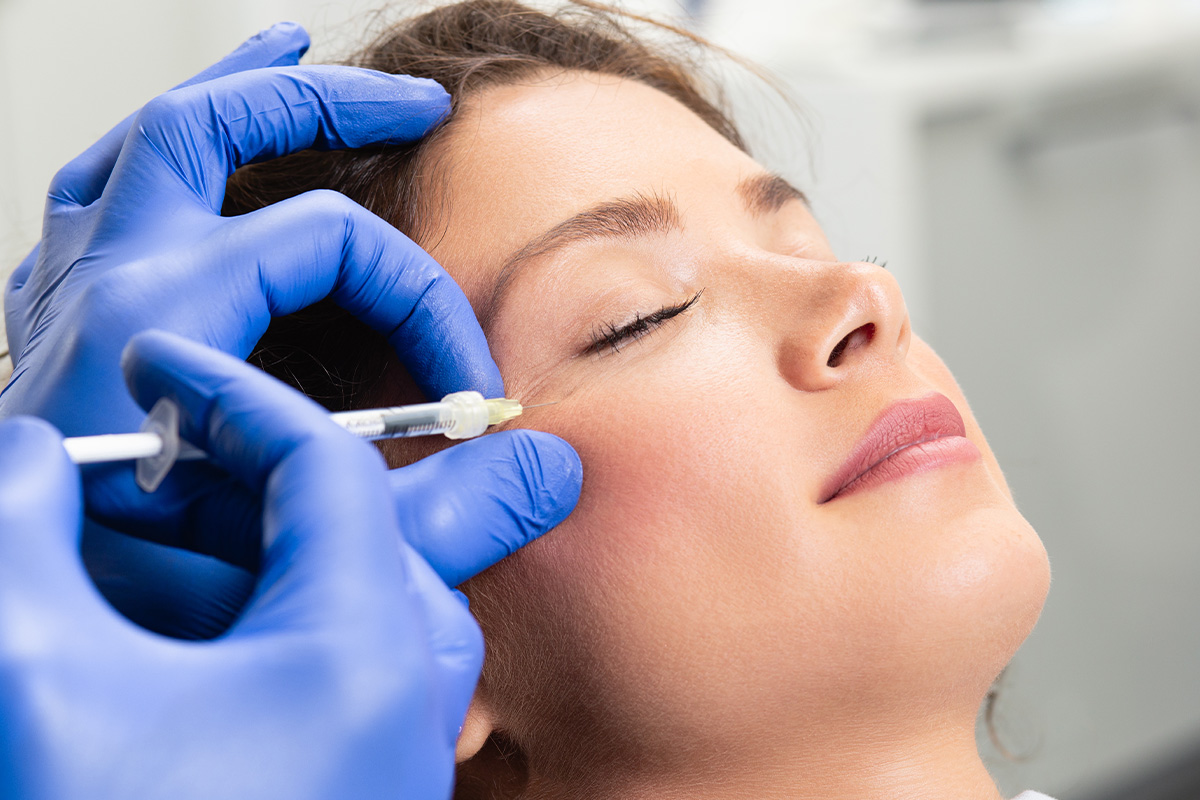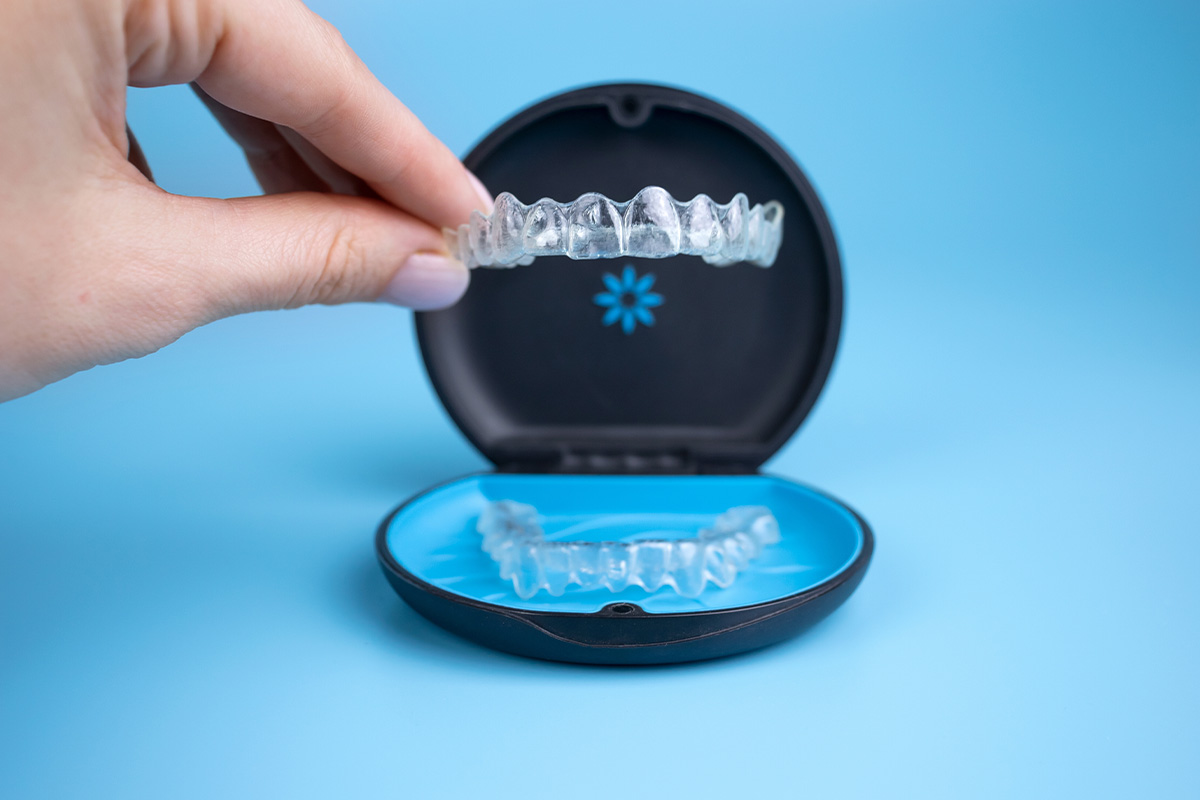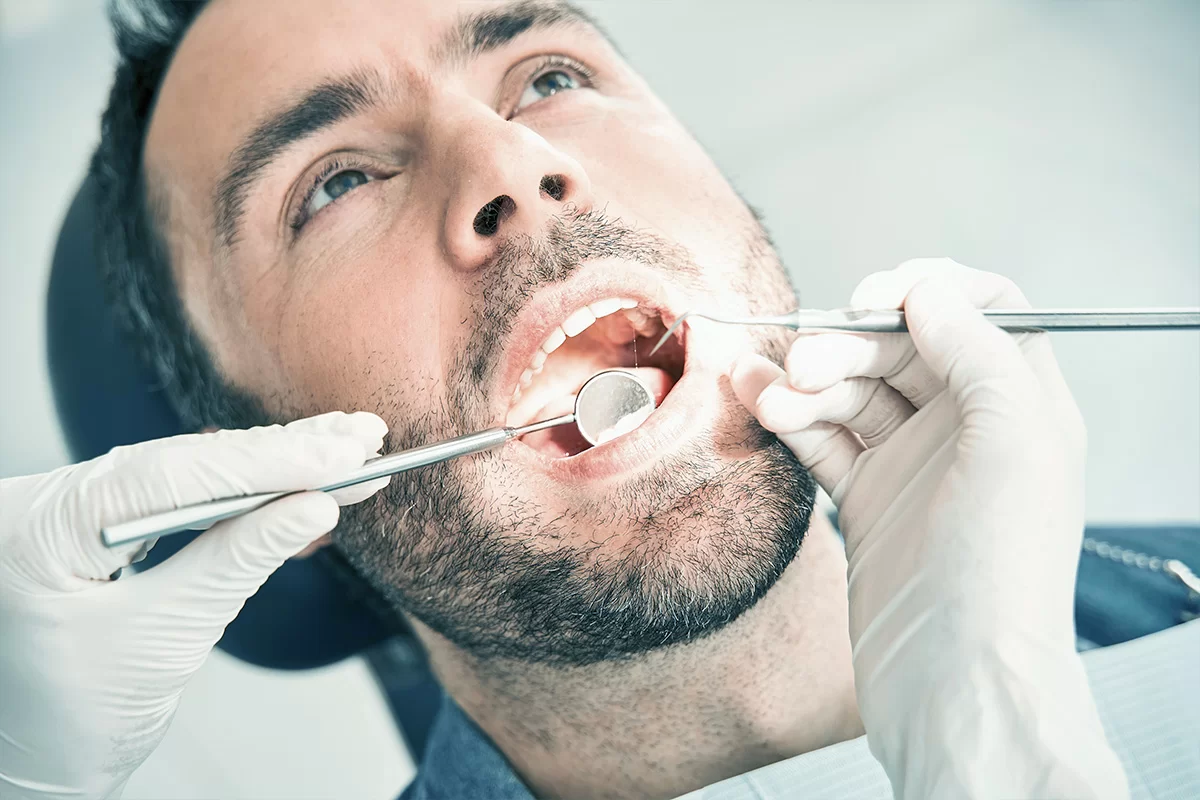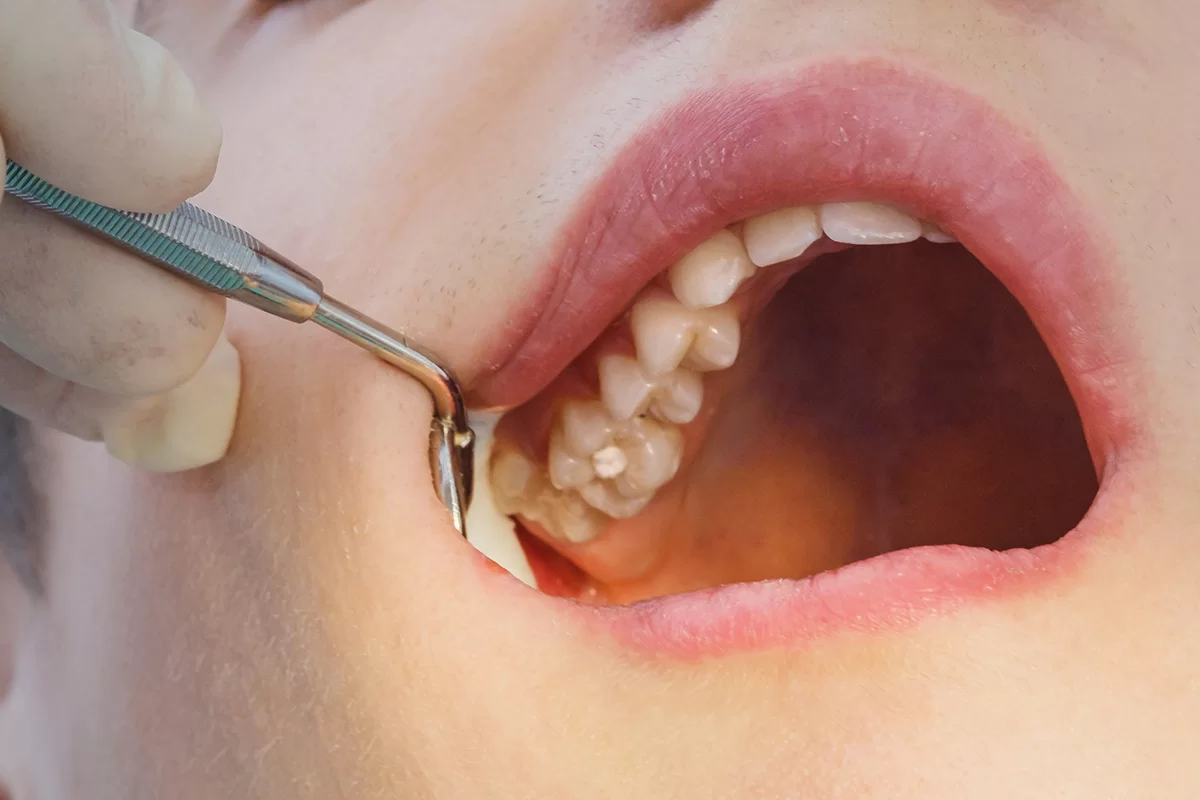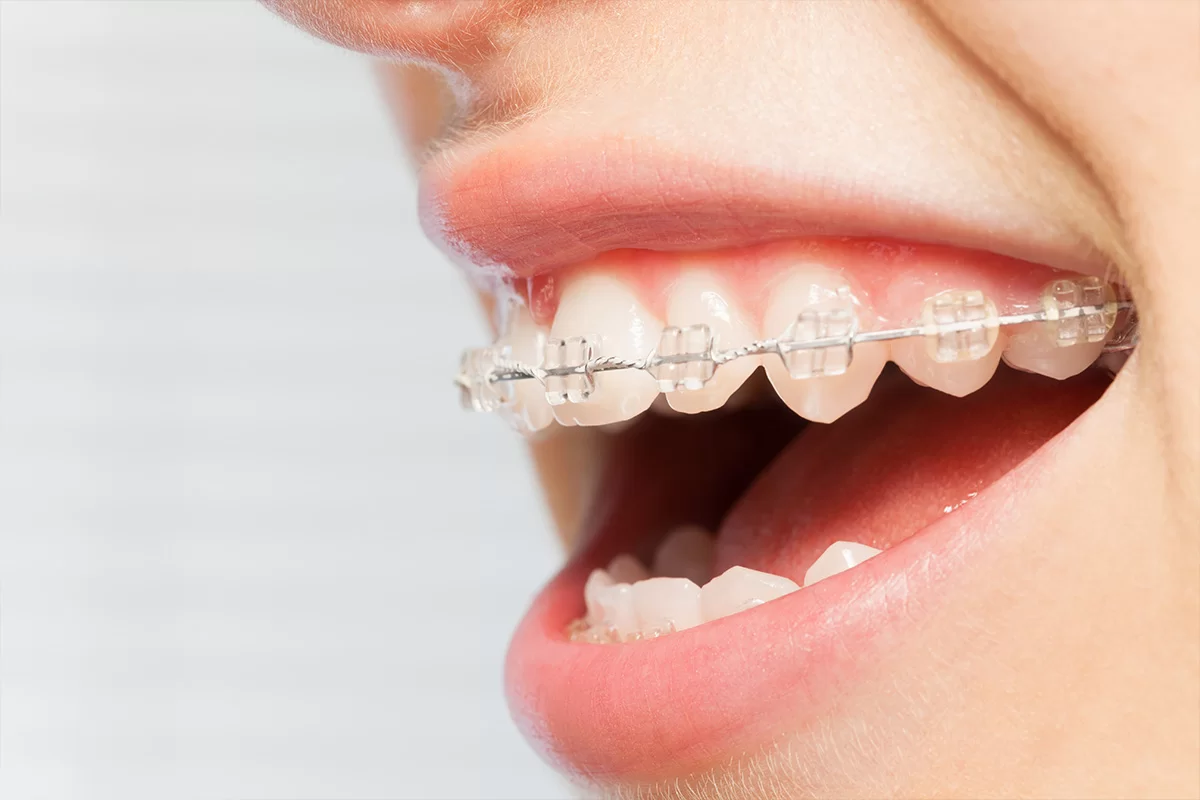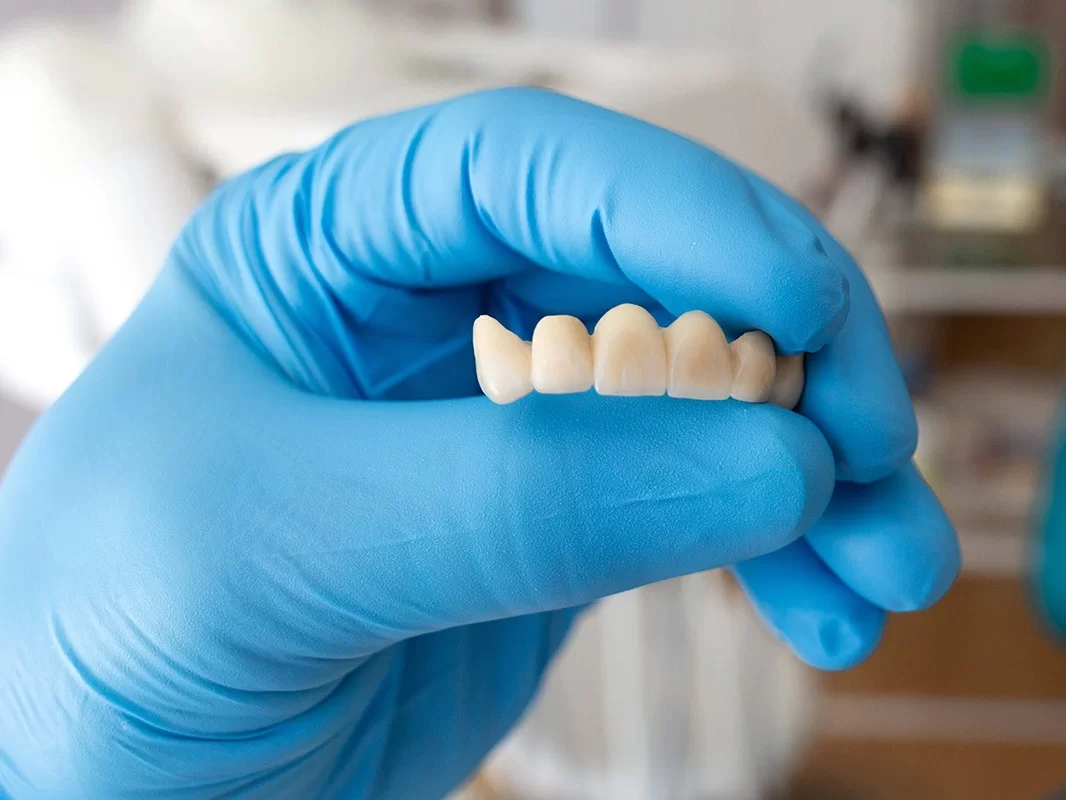
Treatments
Bridges and Crowns
Restore your smile and the function of your teeth.
Bridges and Crowns are fixed prosthetic devices. Unlike removable devices such as dentures, which you can take out and clean daily, bridges and crowns are fixed permanently in the mouth and can last for many years.
Why should I replace any missing teeth?
Your appearance is one reason.
Another is that the gap left by a missing tooth can mean greater strain on the teeth at either side. A gap can also mean your ‘bite’ is affected, because the teeth next to the space can lean into the gap and alter the way the upper and lower teeth bite together. This can then lead to food getting packed into the gap, which causes both decay and gum disease.
Need some advice? Book your Bridges and Crowns consultation at Park Street Dental to speak directly with our dentists.
Why choose Bridges and Crowns?
- Regain your confidence by improving your teeth aesthetics
- Reduce and gradually eliminate sensitivity and pain
- Improve the bite and chewing efficiency
- Prevent adjacent teeth from rotating and shifting
Bridges FAQ
This depends on the number of teeth missing and on where they are in the mouth. The condition of the other teeth also affects the decision.
There are two main ways to replace the missing teeth. The first is with a removable false tooth or teeth – a partial denture. The second is with a fixed bridge. A bridge is usually used where there are fewer teeth to replace, or when the missing teeth are only on one side of the mouth.
Yes, if you have enough strong teeth with good bone support. Your dentist will help you decide the best way of replacing your missing teeth within your budget.
Bridges are usually made of a precious metal base. If the bridge will show, porcelain is then bonded to the base. Sometimes, there are other non-precious metals used in the base to reduce the cost.
You need to clean your bridge every day, to prevent problems such as bad breath and gum disease. You also have to clean under the false tooth every day. Your dentist or hygienist will show you how to use a bridge needle or special floss, as a normal toothbrush cannot reach.
There are other methods, such as using a combination of crowns and partial dentures that can keep the retaining clips out of sight.
These are quite specialised dentures, so you should ask your dentist about them. You can also have teeth implanted, ask your dentist for more information.
Remember that it’s as important to care for your remaining teeth as it is to replace the missing ones.
Yes, there are different types of bridge which use different fixing methods. Your dentist will choose the most effective and conservative bridge for your personal situation.
Crowns FAQ
A crown is a tooth-shaped cover placed over a tooth that is badly damaged or decayed. Many people call it a cap.
Crowns may be placed for several reasons. Usually the tooth has been broken or severely damaged by decay. As a result, a filling can’t replace enough of the tooth or make the tooth strong enough. A crown may hold together parts of a cracked tooth. It also can be used to hold a bridge in place. Crowns can be used to improve appearance as well. They may be placed to cover misshapen or badly discoloured teeth.
Crowns can be made ahead of time (prefabricated) or made to order in a laboratory. Prefabricated crowns are made of plastic or stainless steel. They can be used on a temporary basis until a permanent crown is made.
- All metal
- Zirconia
- Porcelain fused to metal (PFM)
- Porcelain fused to zirconia
- All ceramic
Metals include gold alloy, other alloys (palladium) or a base-metal alloy (nickel or chromium). The all-metal or PFM crowns are stronger and are better choices for back teeth than ceramic crowns. PFM and all-ceramic crowns are the same colour as your natural teeth. They look just like normal teeth.
All crowns have advantages and disadvantages. Which type is best for you will be determined in part by your occlusion (how your teeth meet) and whether you grind your teeth. The final choice is up to you and your dentist.
Crowns usually last at least 7 years. In many cases they last much longer, up to 40 years or so. In many cases the crown is fine, but the tooth underneath it has developed a cavity. Therefore, maintaining good oral hygiene, including brushing and flossing, will help your crown last longer.
Our Other Dental Treatments
Facial Aesthetics
With Facial Aesthetics treatment at Park Street Dental, you can turn back the clock and rejuvenate your skin with just a few injections.
Invisalign
Invisalign treatment is the clear alternative to metal braces for kids, teens, and adults. Enjoy the freedom to live your life with an affordable alternative to braces.
Composite Bonding
Composite Bonding is one of the best ways to enhance your smile. It can fix and restore chipped, damaged or stained teeth.
Hygienist Services
We offer hygiene services including teeth cleaning, gum health assessment, EMS AIR-FLOW therapy and oral health advice.
Restorative Fillings
Restore your damaged tooth to full health with our Filling treatment. We offer silver and tooth coloured dental fillings.
Dentures
Smile big again and eat the foods you have always wanted! Dentures are a trusted and effective way to replace missing teeth.
Dentistry for Children
We provide young people with all aspects of dental care, placing an emphasis on oral hygiene and preventive treatment such as fissure sealants.
Dental Implants
Worried about living with missing teeth? Dental Implants is a great alternative to having dentures or bridges to replace missing teeth.
Teeth Whitening
Achieve a bright, white smile with our Teeth Whitening treatment. Lighten the natural colour of your teeth in a safe and effective way.
Quick Straight Teeth
Improve your smile with Quick Straight Teeth. These invisible braces are the most affordable, comfortable and effective way of straightening your teeth.

